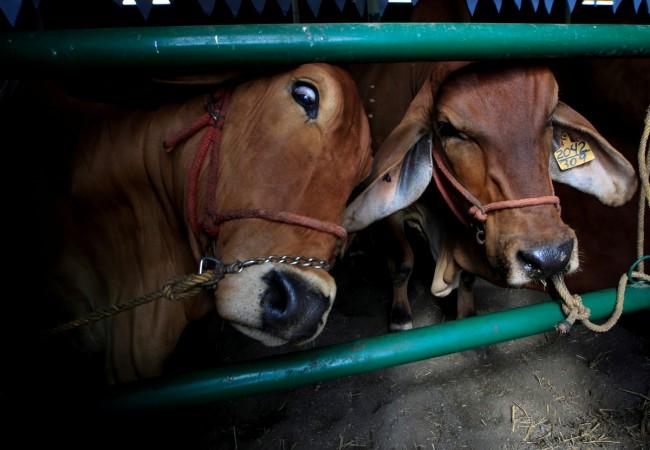
Just three days after a Dalit man and his mother were allegedly beaten up by a mob for skinning dead cattle in Gujarat, a US report on International Religious Freedom Report (IRFR) has said that cow vigilantism, especially against the Muslims in India, increased in 2016.
WATCH: Mob thrashes 40-year-old Muslim man for allegedly carrying beef in Nagpur
"There was an increase (during 2016) in violent incidents by cow protection groups against mostly Muslim victims, including killings, mob violence, assaults, and intimidation," said the report released by US Secretary of State Rex Tillerson.
According to the report, which is the first one under the Trump's Administration, there have been many religiously-motivated killings, assaults, riots, discrimination, vandalism and actions restricting the right of individuals to practice their religious beliefs and proselytize.
The IRFR also pointed out that violent incidents against Christians have also seen a rise. Around 300 incidents of abuse targeting Christians were reported in 2016 as compared to the 177 incidents in 2015.
In total, there have been "751 conflicts between religious communities, which resulted in 97 deaths and 2,264 injuries in 2015."
'Minorities feel vulnerable'
Besides highlighting that the authorities have often "failed" to prosecute cow vigilantes, the report also said that these violent incidents have been taking place under the BJP government.
"Members of civil society expressed concerns that, under the BJP government, religious minority communities felt vulnerable due to Hindu nationalist groups engaging in violence against non-Hindu individuals and places of worship," the IRFR said.

The report said local political leaders have not been supportive towards the victims of class and caste discrimination.
"Religious minority communities stated that, while the national government sometimes spoke out against incidents of violence, local political leaders often did not, which left victims and minority religious communities feeling vulnerable," said the report.

















